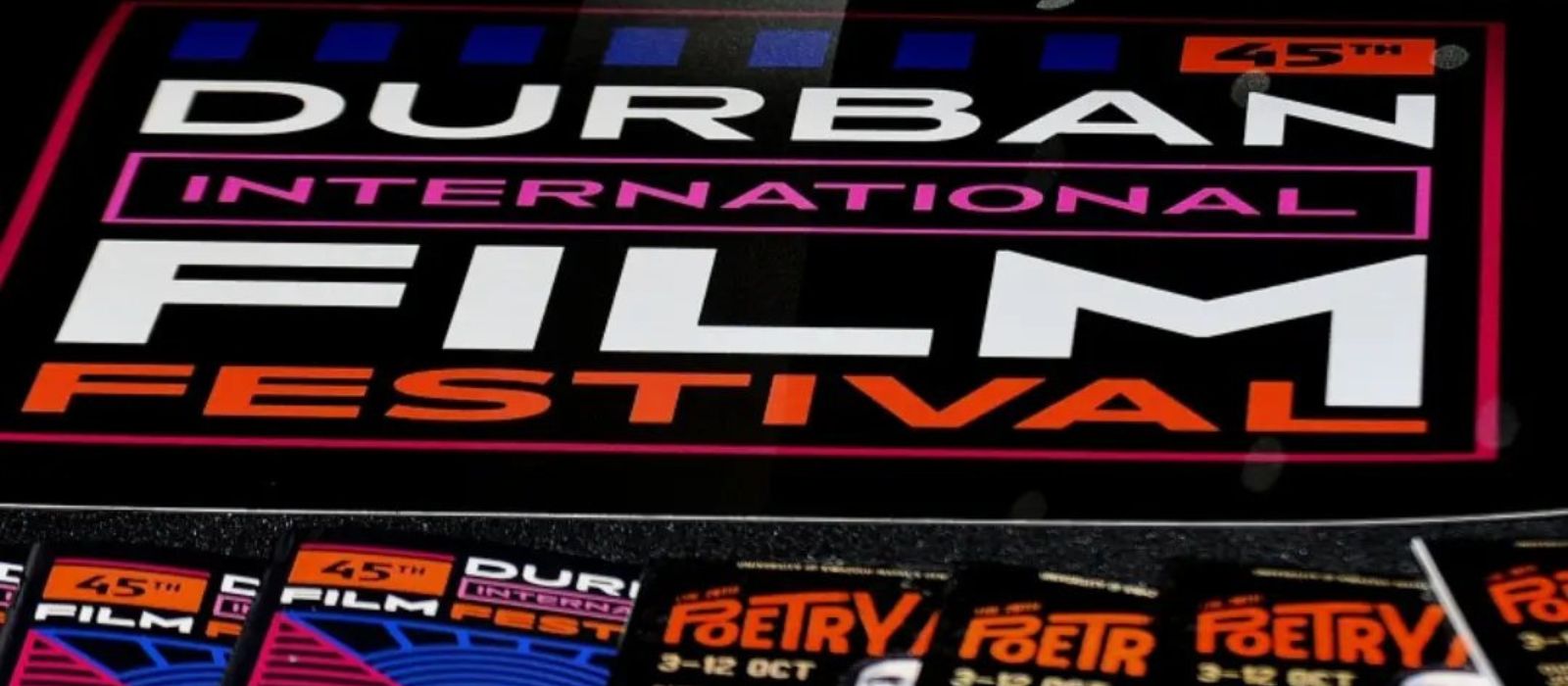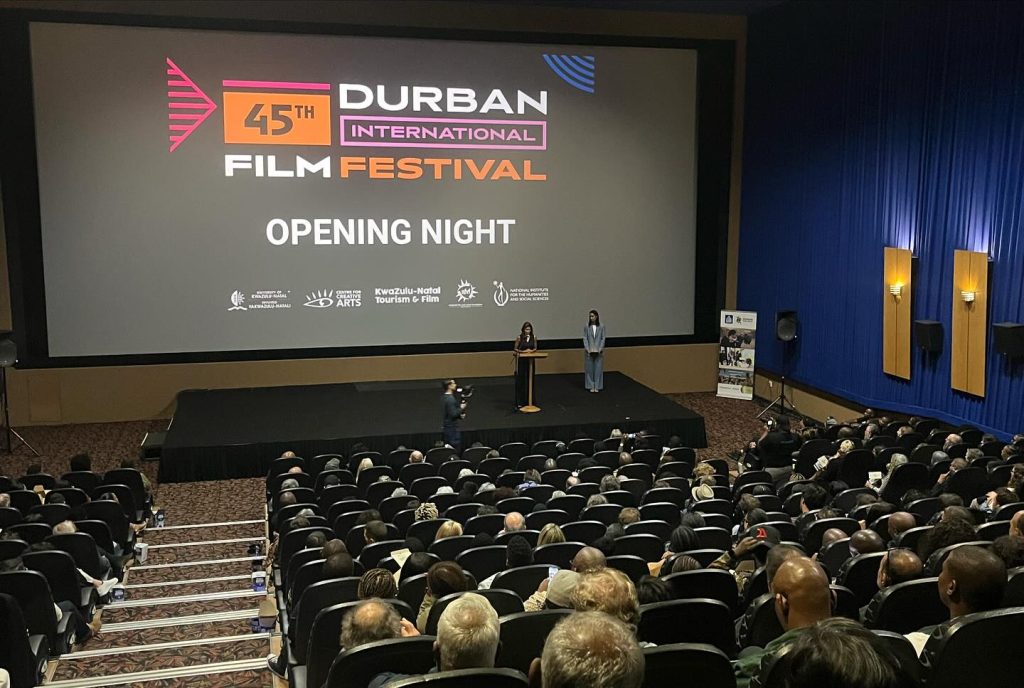
Durban Film Festival Celebrates Long History Amid Ongoing Struggles
The Durban Film Festival, one of Africa’s most enduring and celebrated film festivals, traces its roots back to the apartheid era, a time when the South African government banned and censored subversive films, preventing them from reaching local audiences. This censorship was a tool of oppression against black citizens.
Since its inception, the Durban festival has mirrored the spirit of the times. Early editions, featuring mixed-race audiences, ran the risk of arrest as cinemas across South Africa were forced to enforce segregation laws.
This year’s festival selection highlights South Africa’s ongoing struggles, still striving to establish solid foundations three decades into democratic rule.
The festival’s opening film, “Legacy: De-Colonized History of South Africa,” by South African-born, U.S.-based actor and filmmaker Tara Moore, is a documentary examining the lingering legacy of apartheid and the persistent inequality 30 years after the advent of majority rule.
The closing film, “The Showerhead,” directed by Craig Tanner and produced by Anant Singh (“Sarafina!,” “Cry, the Beloved Country”), offers a documentary portrait of legendary political cartoonist Jonathan Shapiro, known as Zapiro. His relentless pursuit of truth and justice has positioned his subversive work at the forefront of post-liberation South Africa’s fight for justice.
For the first time, the Durban International Film Festival (DIFF) will take its show on the road. In collaboration with independent cinemas in Johannesburg and Cape Town, program highlights will be screened after the festival concludes.
The Durban International Film Festival is being held from July 18 to July 28.



